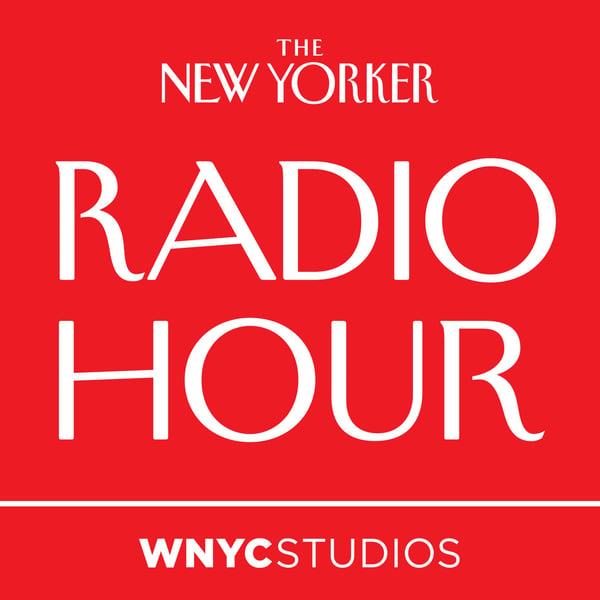U2’s Bono Talks with David Remnick—Live
The New Yorker Radio Hour
WNYC Studios and The New Yorker
4.2 • 5.5K Ratings
🗓️ 28 October 2022
⏱️ 32 minutes
🧾️ Download transcript
Summary
Last month, The New Yorker published a Personal History about growing up in Ireland during the nineteen-sixties and seventies. It covers the interfaith marriage of the author’s parents, which was unusual in Dublin; his mother’s early death; and finding his calling in music. The author was Bono, for more than forty years the lyricist and lead singer of one of the biggest rock bands on the planet. As U2 sold out arenas and stadiums, Bono held forth on a range of social causes; he became “the definitive rock star of the modern era,” as Kelefa Sanneh puts it. Bono joined David Remnick at the 2022 New Yorker Festival to talk about his new memoir, “Surrender.” “When I sang in U2, something got ahold of me,” Bono said. “And it made sense of me.” They discussed how the band almost ended because of the members’ religious faith, and how they navigated the Troubles as a bunch of young men from Dublin suddenly on the world stage. Bono shared a life lesson from Paul McCartney, and he opened up about the early death of his mother. “This wound in me just turned into this opening where I had to fill the hole with music,” Bono said. In the loss of a loved one, “there's sometimes a gift. The opening up of music came from my mother.”
Transcript
Click on a timestamp to play from that location
| 0:00.0 | This is the New Yorker Radio Hour, a co-production of WNWC Studios and The New Yorker. |
| 0:10.3 | This is the New Yorker Radio Hour, and I'm Kellefassene. |
| 0:13.4 | I'm a staff writer here at The New Yorker, and I'm sitting in today for David Remnik. |
| 0:18.3 | Early in his career, Bono told an interviewer about his plans for his band, U2. |
| 0:23.8 | If we stay in small clubs, we'll develop small minds, and then we'll start making small |
| 0:28.8 | music, he said. |
| 0:30.6 | That turned out not to be a problem. |
| 0:32.7 | In the course of a decade, U2 went from playing local gigs in Dublin, Ireland to being one |
| 0:37.2 | of the biggest bands in the world. |
| 0:39.4 | And Bono, the fearless and sometimes shameless leader, became the definitive rock star of the |
| 0:44.9 | modern era, conquering arenas and stadiums around the globe, singing out and often holding |
| 0:50.2 | fourth, too. |
| 1:05.3 | Bono just wrote a memoir called Surrender. |
| 1:08.1 | He joined David Remnik at The New Yorker Festival earlier this month. |
| 1:15.4 | When you talk to people who have been in bands when they're 16, no matter what their destiny |
| 1:20.8 | was, they have no expectations other than to play in a bar, to maybe be the best blues band |
| 1:29.0 | in London, like the Stones, or whatever. |
| 1:33.3 | What was the ambition that was fired up in you pretty quickly once this band sort of took |
| 1:40.3 | shape? |
| 1:41.3 | Megalomania started in me at a very early age, David. |
| 1:48.8 | And the other part of it is desperation. |
| 1:57.4 | And the sense that, you know, from my point of view, this was liberation from me. |
... |
Transcript will be available on the free plan in -885 days. Upgrade to see the full transcript now.
Disclaimer: The podcast and artwork embedded on this page are from WNYC Studios and The New Yorker, and are the property of its owner and not affiliated with or endorsed by Tapesearch.
Generated transcripts are the property of WNYC Studios and The New Yorker and are distributed freely under the Fair Use doctrine. Transcripts generated by Tapesearch are not guaranteed to be accurate.
Copyright © Tapesearch 2025.

